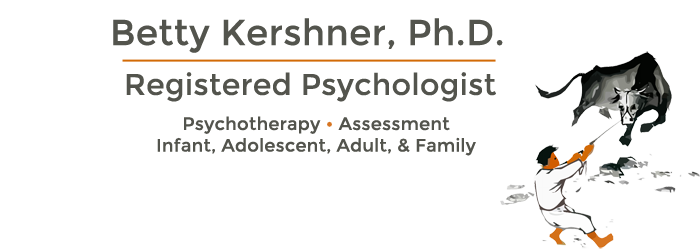The Florida Project is about a young girl and her mother. It is about an intergenerational trauma set within the context of American poverty, with specific elements that, until our concerns about family separation at the US southern border, were associated primarily with women: child removal from a parent by the government. It also is … [Read more…]
Psychoanalysis and Cinema
Clouds of Sils Maris: Truth vs. Delusion, Resistance is Futile
The Clouds of Sils Maria portrays one woman’s struggle to deny a universal truth: We age. We get old. We do not stay the same. Written and directed by Olivier Assayas and released in 2014, the film stars Juliette Binoche, Kristen Stewart and Chloe Grace Moretz. Filmed in Germany, Italy and Switzerland, it tells the … [Read more…]
Advantageous: Science Fiction in Cinema from A Woman’s Point of View
Advantageous, a 2015 film directed by Jennifer Phang, was developed from a short story by the director that she and the lead actress Jacqueline Kim turned into a screenplay. The film was supported by Sundance,where it won a special jury prize, by the San Francisco Film Society, which awarded Jennifer the inaugural Women’s Filmmaker Fellowship … [Read more…]
Force Majeur: The Male Perspective
Force Majeure, a film in Swedish, French and English with English subtitles, confronts deeply rooted gender stereotypes. To quote Stephen Holder of the NY Times, “This brilliant, viciously amusing takedown of bourgeois complacency, gender stereotype assumptions, and the illusion of security rubs your face in human frailty.” It presents us with the aftermath of … [Read more…]
Hiroshima Mon Amour – Confronting Unbearable Loss
Writing nearly 100 years ago in Mourning and Melancholia, around 1915 – 1917, Freud was developing his ideas about narcissism. He was able to push his thinking further by exploring the difference between normal mourning and pathological melancholia. Freud’s thinking on this topic contributed to his formulation of super ego and the sense of guilt, … [Read more…]
Ambition and Shame: Narcissism in the film “Capote”
The movie dramatizes the risk and cost of this work. The writing of the book, his artistic endeavour, takes over Capote’s life. His relationship with the murderer Perry Smith overshadows his relationship with his lover and all others. In Perry Smith, Capote sees something to fascinate his readers, but also a darker image of his own temperament. The movie portrays Smith seduced, betrayed and immortalized by the writer’s attention and, again according to the Times review, “unflinchingly faces the moral abyss at the heart of the journalistic enterprise”. Capote’s great literary success with the book achieved one ambition for him, that of acknowledged, high voltage professional admiration for work that was unique and groundbreaking, in a league by itself; while his abandonment of his moral code meant failure of another, apparently for Capote a more important goal: his ego ideal of goodness and compassion. The arch between these provides the tension in the movie.
Evil, Trauma, Post Traumatic Stress: Martha Marcy May Marlene
This year, Psychoanalysis and Cinema explores the concept of evil. As a culture, we tend to delegate evil to deviants and despots, people who are comfortably different from you and me. For those of us in this psychoanalytic extension program, being involved with or interested in psychoanalysis, we tend to think of behavior, including evil behavior, as emanating from the inner life, with evil deeds coming from people who are inherently if sometimes understandably flawed. What if the line between extreme evil and good is more permeable? What if, under certain kinds of circumstances, many if not most people could be induced to perform atrocities? What if evil can be called forth by the situation, by specific sets of circumstances that few could resist?
The Sheltering Sky – Existentialism & Disorganized Attachment
Why does Kit leave? Why does she take the hand of an exotic stranger and climb onto the back of Belquassim’s camel, going off with him into the unknown? And why does she flee again, after being devastated and then rescued from hospital, failing to seek safety or to learn to conform after … [Read more…]
